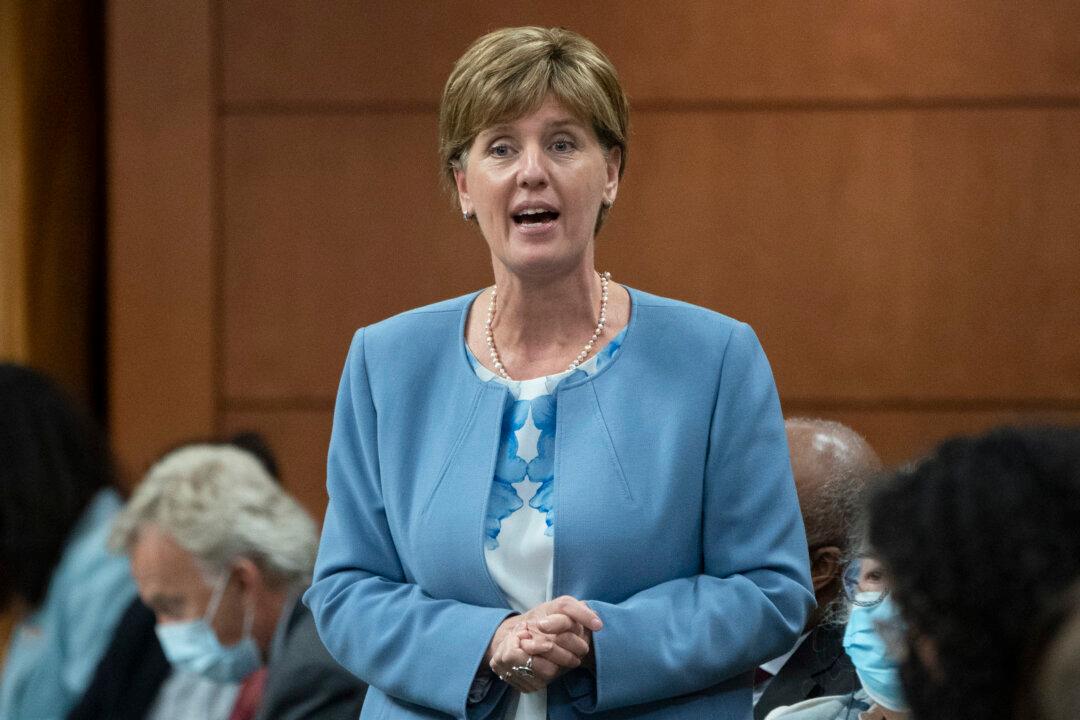Agriculture ministers from several provinces say they’re concerned about the federal government’s plan to reduce fertilizer emissions in the name of climate change at a time when global food security is an issue.
A three-day meeting of federal, provincial, and territorial ministers concluded in Saskatoon on July 22 with Saskatchewan, Alberta, and Ontario expressing disappointment over the Liberals’ intent to impose fertilizer emissions reduction targets on Canadian farmers.





